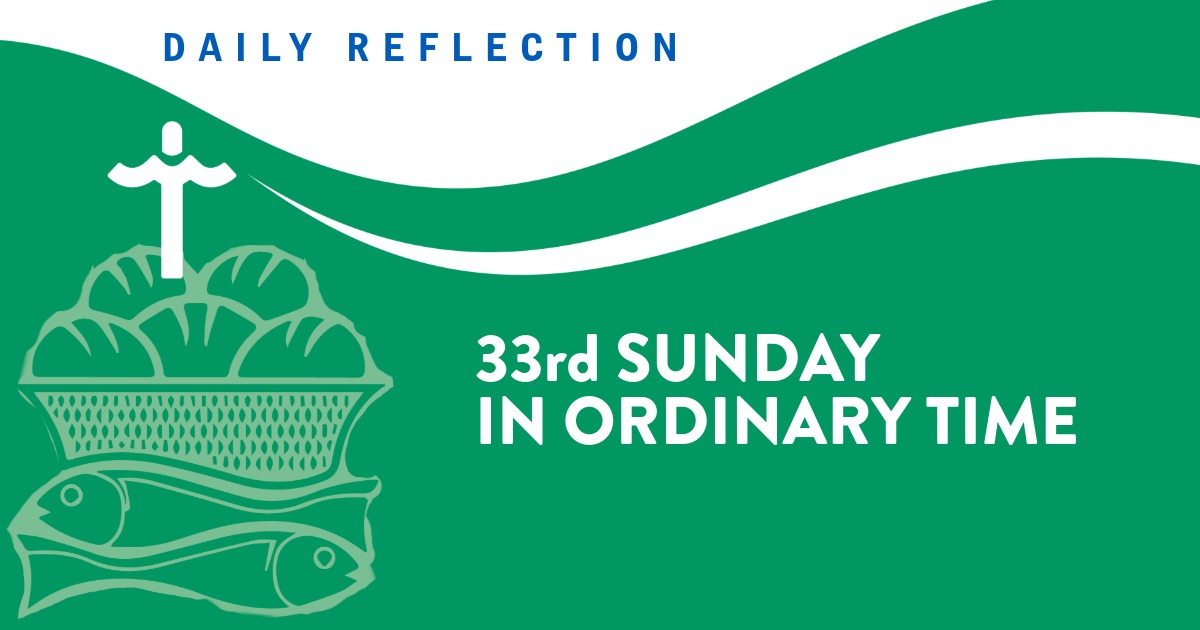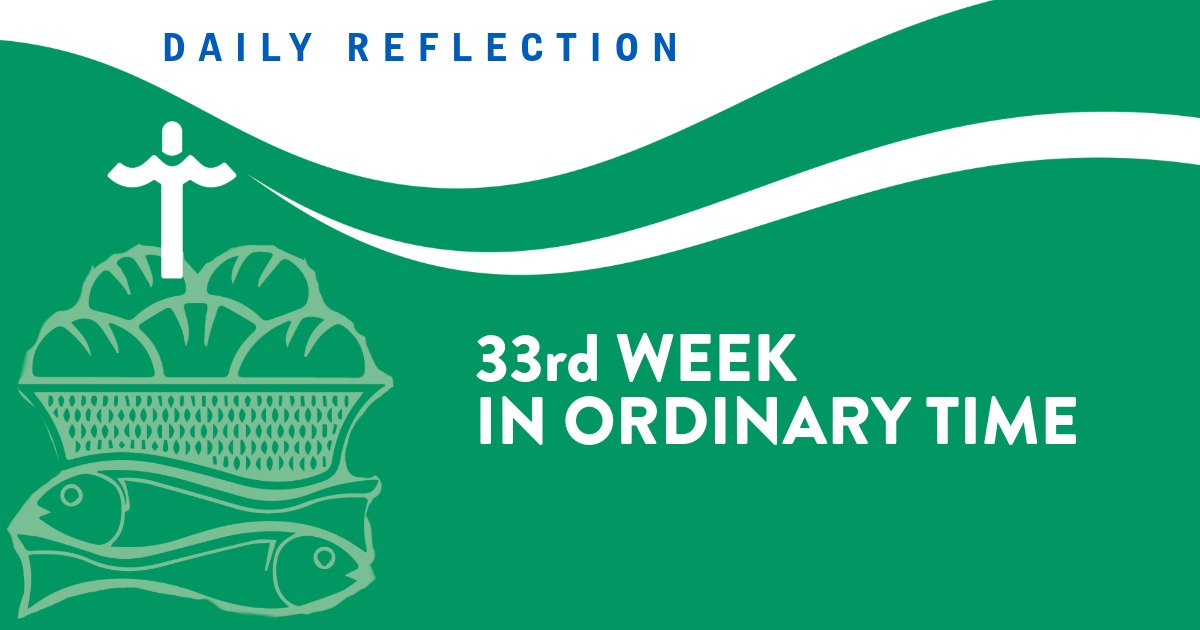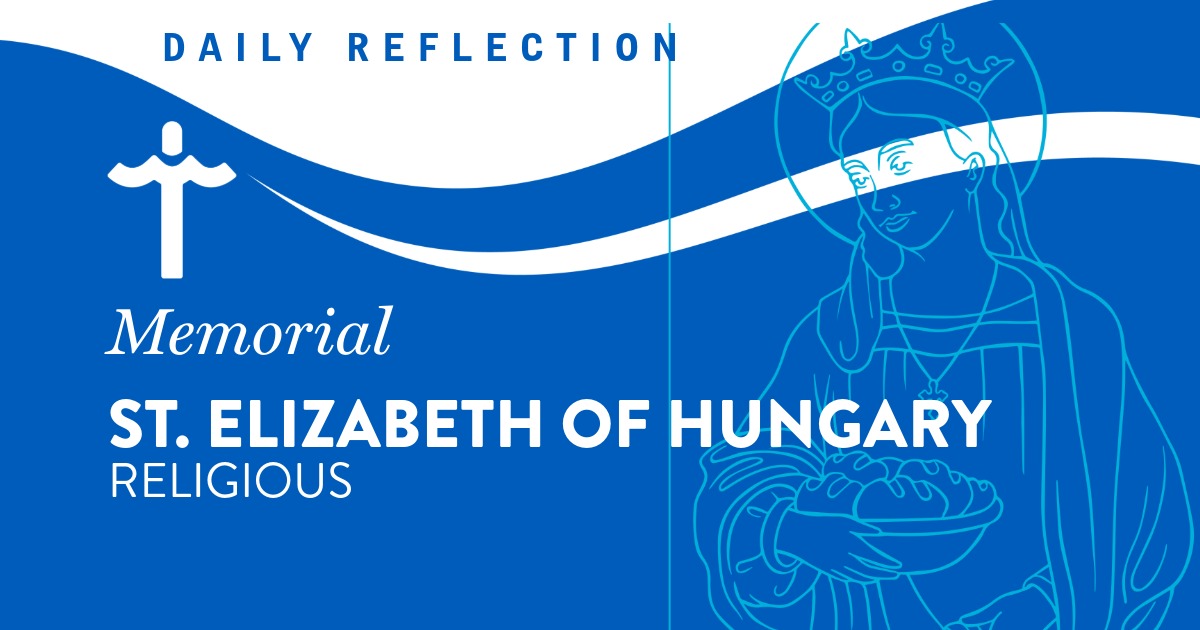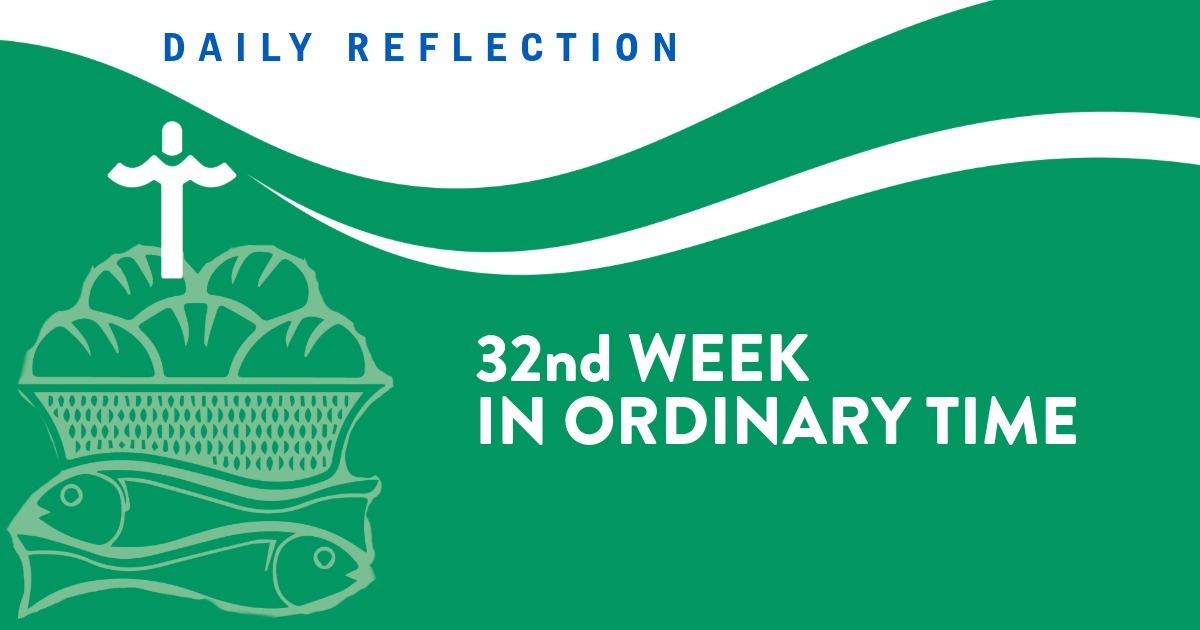Being Stewards of Time
Malachi 3:19-20 provides reassurance that the Lord really is coming. For all the “arrogant and evil doers” who exploit and oppress people now with maddening impunity, there will be a day of reckoning. They will have to give an account of their stewardship along with everyone else. But for those who “fear my name, the sun of righteousness will shine out,” not only with truth and gladness, but “with healing in its wings.”
In Luke 21:5-19, Jesus is telling his disciples (and us) not to judge by appearances: “You will be betrayed even by parents and brothers, by relatives and friends; and some of you they will put to death.” But not to worry: “Not a hair of your head will be lost.” You will not lose anything, even by dying. “By your endurance you will gain your souls.” What you don’t see is more important than what you do see.
The disciples, like those in every age who focus on the wrong religious questions, asked him, “Teacher, when will this happen, and what will be the sign that this is about to take place?”
Jesus tells us that instead of looking for signs, we should prepare ourselves to be a sign. Before the Kingdom can be established, Christians must bear witness, and not just in ordinary ways. If we accept our responsibility as stewards to establish the reign of God over every area of human life, we will come into conflict with the representatives of power in the world. We may be handed over to questioning by authorities of both the Church and the state. But again, not to worry: “That will be your opportunity to bear witness.” What appears to be bad news may be the best chance you will get to announce the Good News.
There are two sides to stewardship. The first is that we have nothing that is ours: everything we control belongs to God. We just manage it for God. But the other side is that, as managers or “middlemen,” we have the infinite knowledge, wisdom, and power of God backing us up. We are defending and promoting God’s interests, not our own. We can expect God to be involved. This is the ultimate source of our confidence as “stewards of the kingship of Christ.”
Jesus made this point by telling his disciples not to worry about how they would handle themselves when put on the spot: “because I myself will give you an eloquence and a wisdom that none of your opponents will be able to resist or contradict.” As Jesus told one of the Saints, “You take care of my business, and I will take care of yours.” That is all the more predictable if the only business we are concerned about is his.
Bottom line: we ask Jesus to act “with us, in us and through us” in everything we do (the WIT prayer) and just try to follow his lead.
Stewardship of Time
Christian confidence is sometimes urged with the saying, “Let go and let God.” This is a perfectly valid and widely needed recommendation, if rightly understood. In 2Thessalonians 3:7-12, Paul counters a misinterpretation of this. The way to “let God” take care of things is not just to “let go” of doing anything ourselves. What we are to let go of is not effort, work, or concern, but simply the worry and stress that accompany these when we are counting only on ourselves.
Paul wrote, “You know how you ought to imitate us; we were not idle when we were with you, and we did not eat anyone’s bread without paying for it.” The fact that God reigns and that Jesus is coming back (some to whom Paul wrote thought that might happen any day) is not a reason to work less diligently on what needs to be done or set right on earth. Paul recalls, “With toil and labor we worked night and day, so that we might not burden any of you.” And he adds, “This was not because we do not have that right, but in order to give you an example to imitate.”
Paul showed us the “stewardship of time.” Time is a precious commodity. It is something we have, for the short time we are alive, that we can give to God as he gives it to us, and use to further his interests on earth. In one sense, it is synonymous, because co-extensive, with life. A difference between being alive and being dead is that while alive, we can still act in time. We can make our contribution on Earth. This gives time great value for us. It is not to be taken lightly or wasted.
Insight: Do you understand time as a lens through which to focus on eternity? Does that diminish or enhance its value?
Initiative: Don’t be uptight about time, nor loose in your management of it.
— Fr. David M. Knight
View today’s Mass readings, Lectionary #159, on the USCCB website here
Fr. David M. Knight (1931-2021) was a priest of the Diocese of Memphis in Tennessee, a prolific writer, and a highly sought after confessor, spiritual director, and retreat master. He authored more than 40 books and hundreds of articles that focus primarily on lay spirituality and life-long spiritual growth.





0 Comments